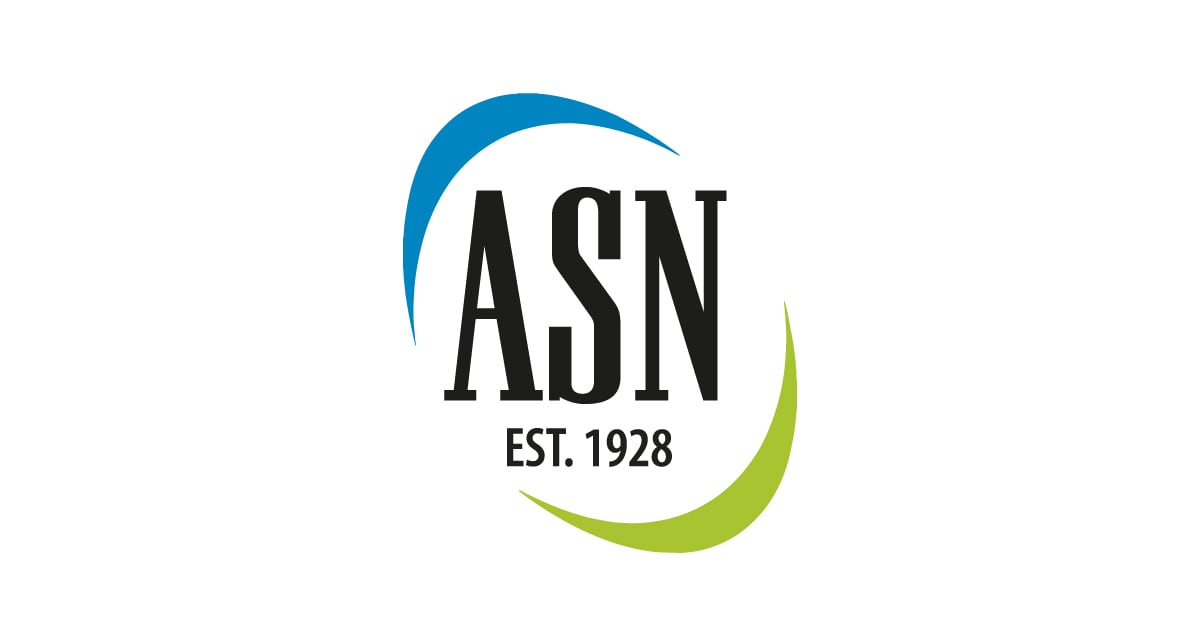The nutrition community is made up of individuals with diverse experiences, perspectives, and ideas. This diversity is the fundamental strength of our professional society. Through this member spotlight series, we celebrate our diversity and the vast achievements made by our members in the field.
Meet Dr. Amanda MacFarlane, ASN’s Director-At-Large, Food & Nutrition Policy (2023-2024).

Please introduce yourself – feel free to share anything you would like us to know about you, including personal interests outside of your profession.
I’m a Professor of Nutrition at Texas A&M University and the founding Director of the Texas A&M Agriculture, Food, and Nutrition Evidence Center – a source of independent and transparent evidence reviews for policymakers on how the agri-food system effects human health, the environment, and the economy. Before moving to Texas A&M, I was a Research Scientist and Head of the Micronutrient Research Section in the Nutrition Research Division at Health Canada from 2008-2022. My research focus is on the impact of B vitamin nutrition on health spanning from the molecular mechanisms underpinning genome stability to the identification of socioeconomic, dietary, and genetic determinants of nutritional status among populations. While at Health Canada, I chaired the Canada-US Joint Dietary Reference Intakes (DRIs) Working Group (2013-2022) and the DRIs remain a passion. During that time, chronic disease endpoints were formally incorporated into the DRIs framework, a review of the sodium and potassium DRIs including the first application of the Chronic Disease Risk Reduction values was completed, and a review of macronutrient requirements was initiated. I’ve been actively involved in policy and regulatory work related to food fortification, food labelling and vitamin supplement content and use. It’s this work that led to an interest in evidence appraisal for evidence-based policymaking- I’m a core member of the NUQUEST Working Group that developed critical appraisal tools for nutrition studies.
What drew you to the field of nutrition science, research, and practice? What led you to become involved with ASN?
My PhD was in biochemistry but I studied a nutrition-related problem: how dietary components can influence gut immunology and physiology, and ultimately, the initiation and progression of autoimmune diabetes. I was attracted to my post-doc project because it was related to gut physiology and cancer, but ultimately, it was folate and one-carbon metabolism that won me over – I was hooked.
I became a member of ASN as a graduate student. I was lucky to attend and present at multiple ASN (FASEB back in those days) meetings. I’ve been a member ever since, increasing my involvement in the society as time goes on.
How has your career developed as a result of being an ASN member? Highlight specific resources and benefits that have helped you achieve your goals. What advice would you give to ASN members looking to advance in their careers or take risks for their professional development?
My career development and ASN involvement seem to be mutually dependent. As a government research scientist, I had early career opportunities to be involved in nutrition policy work, probably earlier than most nutrition scientists. Namely, in 2013 I took on the role of Chair of the Canada-US Dietary Reference Intakes (DRI) Working Group (if you’re south of the border, you’d probably know it as the US-Canada DRI Working Group!). While working with experts on a report for identifying options for basing DRIs on chronic disease, I met a number of US scientists heavily involved in ASN, such as Dennis Bier, Paul Coates, and others. I was invited to be an Associate Editor of The AJCN, then invited to run for the Board of Directors… and now I chair the ASN Committee for Advocacy and Science Policy. With each added involvement in ASN, comes more recognition, which supports career advancement and increases my network. I’d say to anyone looking to get more involved, there are only positives. While it may seem like a risk to put your name forward for a more formal position, there really is only opportunity. And if it doesn’t happen the first time, try again! It’s good for you and your career, and your involvement is good for our community.
Who are some of the individuals that influenced you and what events or opportunities would you attribute to your academic and professional success?
I have been incredibly fortunate to have many amazing mentors during my training and career. I can only hope to be as good a role model as they have been for me. I can’t name them all but my early career mentors have been key. My PhD supervisor, Fraser Scott, taught me the value of strong study design and red ink on manuscripts (to my students’ delight). I still go to him for his sage advice, good humor, and lunch (some things don’t change). My post-doc supervisor, Patrick Stover, showed me that a strong biochemist can also be a strong public health advocate. He does some of the best basic nutrition research while leading some of the most important national and international public health nutrition initiatives without missing a beat. All the while he takes the time to listen and give advice when asked and continues to champion my career whenever he gets the opportunity.
How can ASN, as an organization of individual members, help current and future scientists find career growth opportunities?
I think ASN has an important role to play as a nucleus around which strong nutrition science can form. Meetings and other activities provide the opportunity for us to come together, share ideas, build teams, do good research, and continually improve the evidence on which good public health policy is made.



